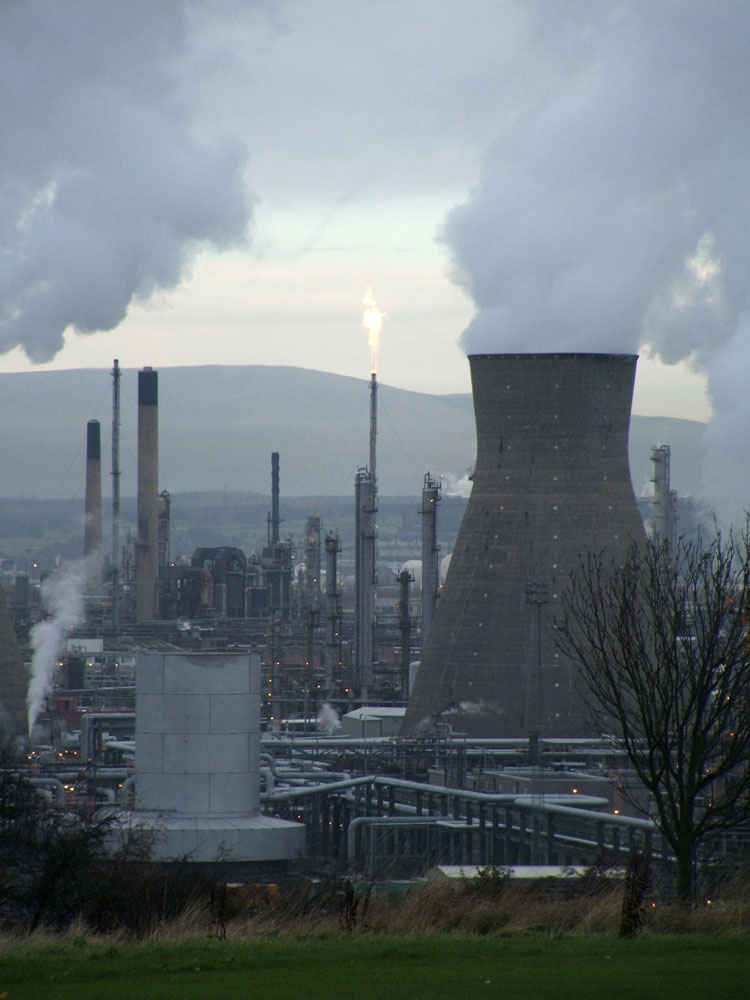I came to the conclusion that all advertising is bollocks many years ago. However, I have to admit that some firms can really take things to extremes at times. A case in point was brought to my attention by my brother when he visited a couple of weeks ago. This is the mysterious case of the bottled "organic" water.
Now, I must point out that my brother is a polymer physicist which is one of those weird disciplines where one area of expertise meets another. In this case it is where organic chemistry meets materials science. A polymer physicist is, essentially, a metallurgist for plastics. This means that, in defending his corner, he is rather keen that his discipline is taken seriously and it also means he gets rather annoyed at the incorrect use of the words like "organic", "natural" and "chemicals" by advertisers. In chemical terms, "organic" means that the substance in question contains carbon, more specifically in the form of the carbon chains that are found in organic substances. Water, at least pure water, is not organic as it consists of two hydrogen atoms joined to one oxygen atom - see, no carbon. In fact, as my brother pointed out, the only "organic" element was the plastic bottle the water came in. Of course the marketing men would have it that this means it is "natural" and isn't "full of chemicals". So what do they think water is made of? Exotic sub-atomic particles?
In the world of advertising, "organic" means something else. As far as I can tell, it actually means "costs double". However, for advertising execs, it means "natural", "healthy", "environmental" and lots of other nice things which aren't really backed up by any real science. However, "organic water" is a real achievement in advertising bollocks. What really amused my brother is that the big selling point is that the water came from the pure, fresh water of the Ochil Hills, near to were I live. These are very picturesque as you can see:
In fact, the thing that looks like the set of Bladerunner is Grangemouth Refinery which is just upwind to the hills. Also around the same point is the Longannet Power Station, once named in Europe's top 30 most polluting power stations. Now, whilst the operators of these plants have done much to reduce their environmental impact it's a fair bet that some of the hydrocarbons they produce are washed out on the Ochils. So, maybe the water does contain organic chemicals after all?
I suppose what most people are concerned about is whether the water is safe to drink. Well, essentially, I get the same stuff out of the taps for free and knowing where it's come from has never bothered me. Any residue from organic chemicals, whether from farming or pollution washed out of the sky, is minuscule. At the end of the day it is just water. Any difference between this water and any other water in the whole universe is down to actual contaminants - such as those from a hard water area. However, I think that presenting common or garden fresh drinking water as being some sort of mystical elixir is pushing the marketing spin a tad too far.
Saturday, 5 March 2011
Subscribe to:
Post Comments (Atom)


No comments:
Post a Comment